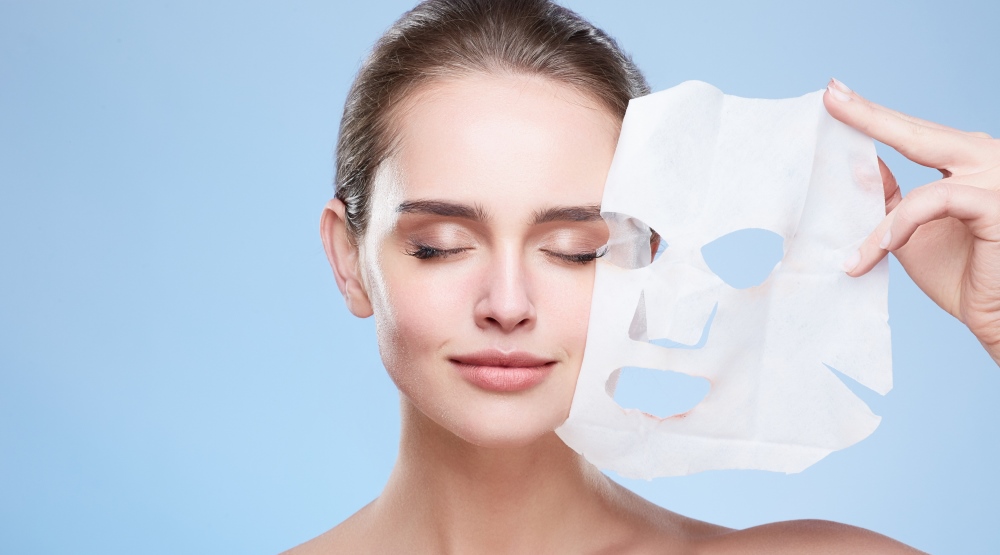As stress levels continue to rise in today’s fast-paced, always connected world, increasing numbers of consumers are turning to beauty and personal care products to help them de-stress.
The rapid growth of this relatively new market is highlighted in the Asia Pacific region which accounted for a third of the sales of global ‘de-stressing and relaxation’ beauty and personal care products launched between January-September this year.
Speaking at in-cosmetics Asia, Mintel senior innovation and insights analyst Sharon Kwek said beauty brands are becoming increasingly aware that they can play a part in relieving consumers’ stress levels.
“Today’s consumers are living their lives too fast, creating a global society where stress fits right in with everyday life,” she said.
“This has taken a toll on many and increasingly, consumers are becoming more aware of their emotional health and overall wellbeing.”
Kwek said the rapid urbanisation and increased speed of life in Asia has left consumers feeling tired and emotionally drained.
“For Asian female consumers, in particular, it is becoming common knowledge that daily lifestyle habits can have an impact on skin.
“Increasingly, beauty brands and companies are taking notice and are introducing beauty and personal care products that aid in emotional wellbeing.”
According to Mintel’s research, 30 percent of urban Chinese consumers (aged 20-49) are concerned about stress at work while 60 percent of urban Indonesians and 59 percent of urban Thais are planning to reduce their stress levels for personal health and wellness reasons.
The research also found that increasing numbers of consumers are aware that lifestyle plays an important role in maintaining good skin health. For example nearly half (49 percent) of urban Chinese female consumers believe that getting enough sleep is the most crucial part of skincare while the same percentage of urban Thai female consumers think that overall lifestyle (sleep, stress, diet, etc) is the most important factor determining the appearance of facial skin.
Kwek said such consumers are “looking for options to help improve the quality of their emotional and mental wellbeing” and the beauty sector is likely to benefit − 87 percent of the surveyed urban Chinese females (aged 20-49) said that using beauty services is a way of relaxing and 45 percent of urban Chinese female health supplement consumers buy health supplements to boost their energy levels or relieve fatigue.

